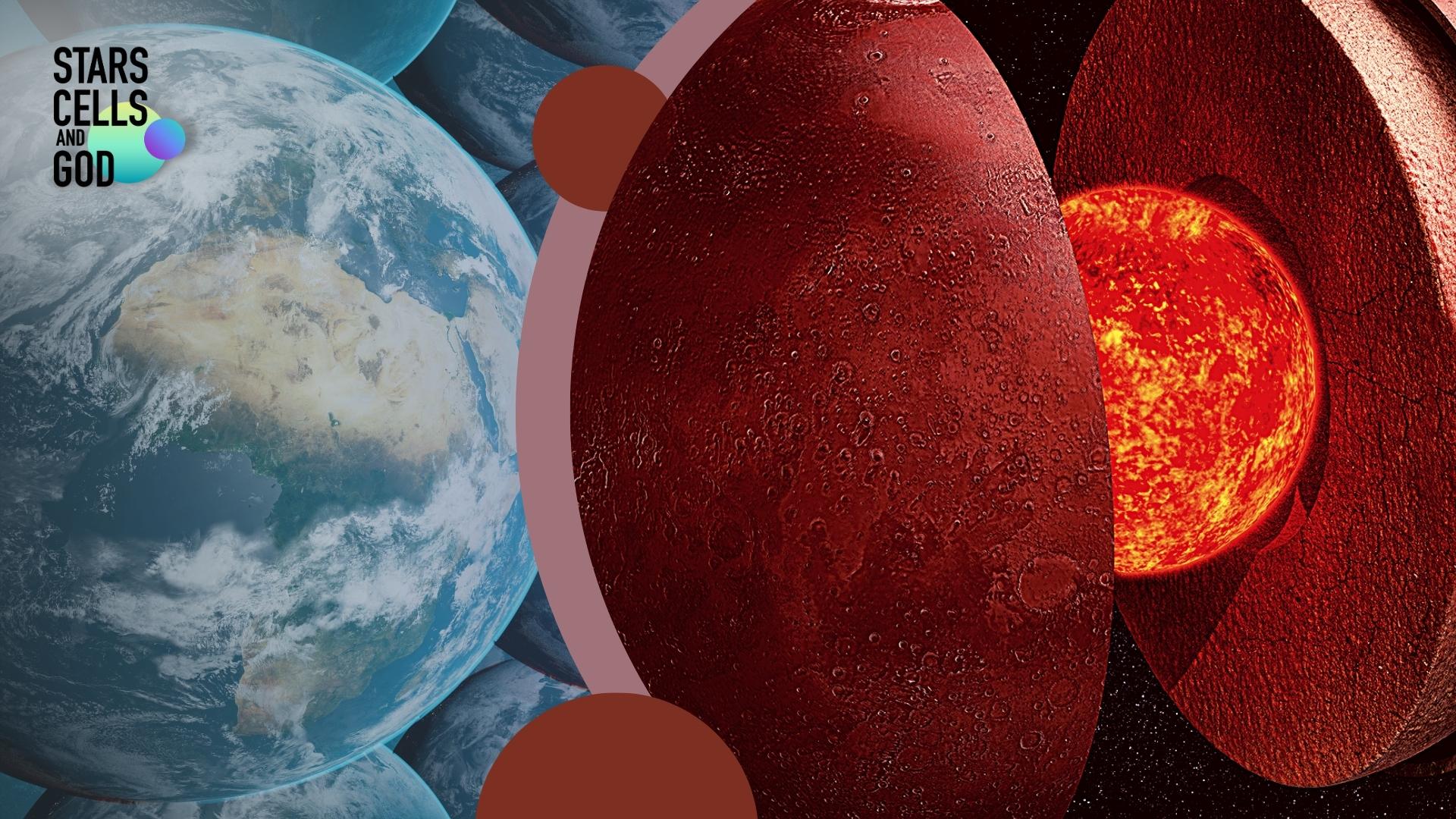Stars, Cells, and God | Mars’s Core Problem and Life and the Multiverse
Join Hugh Ross and Jeff Zweerink as they discuss new discoveries taking place at the frontiers of science that have theological and philosophical implications, including the reality of God’s existence.
Mars’s Core Problem
A seismometer on the surface of Mars has detected sound waves revealing that Mars’s core has a low density. This feature implies that a fifth of Mars’s core is composed of sulfur, oxygen, carbon, and hydrogen. These light elements make up just 5% of Earth’s core. The different size, density, and structure of Mars’s core compared to Earth’s explains why Mars has lacked a magnetosphere for the past 4 billion years. This research adds yet another habitability requirement for the possible existence of advanced life: the planet’s core must be exquisitely fine-tuned.
References:
First Observations of Core-Transiting Seismic Phases on Mars
Life and the Multiverse
A great body of evidence points to the improbable nature of life’s existence in the universe, which many people take as evidence of fine-tuning for our existence. However, some scientists have argued that our improbable nature provides evidence that a multiverse exists. In this episode, I’ll discuss why our existence looks improbable as well as how people come to the two seemingly opposing conclusions. I’ll conclude by presenting some recent arguments for why our improbable nature does not provide evidence of a multiverse.
References:


